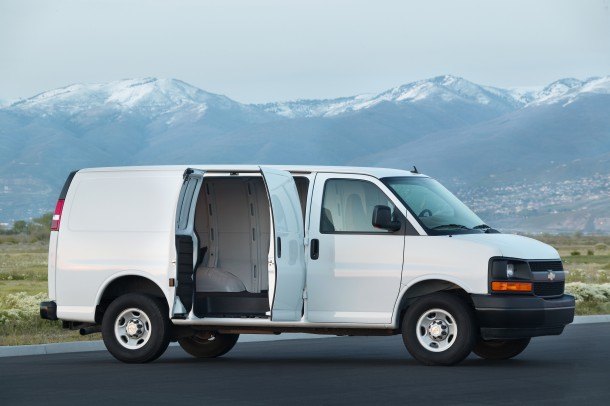#missouri
Toyota Will Spend $374 Million on Five U.S. Plants - Think Hybrids and Camrys
Toyota announced yesterday that its plans to invest $10 billion in the United States, revealed earlier this year, will grow by another $374 million with big spending at five different factories in five different states.
Kentucky, Tennessee, West Virginia, Alabama, and Missouri will all benefit. Though it’s unlikely the investments will directly translate to much in the way of new employment — Toyota promises 50 new jobs in Alabama — Toyota says “these investments will help to ensure the stability of the plants’ employment levels in the future.”
At the core of the investments? Toyota is spending money to enable greater production of the new TNGA 2018 Toyota Camry’s 2.5-liter engines and hybrid transaxles. Why America? “The investment is part of our long-term commitment to build more vehicles and components in the markets in which we sell them.”
Toyota sells 200,000 vehicles per month in the United States.
General Motors Moving Van Production To Make Way For More Pickups
General Motors may contract production of its commercial vans to AM General to free space to build its popular Chevrolet Colorado/GMC Canyon midsize trucks, Automotive News reported.
In a note to Wentzville, Missouri workers obtained by Automotive News, production of cutaway versions of the Chevrolet Express/GMC Savana, which are used for ambulances and moving trucks, could be moved to Indiana-based AM General. According to the report, about 30,000 cutaway vans will be made this year at GM’s Wentzville facility.
The available capacity will be used to build the Canyon/Colorado, which have outperformed expectations this year and sell like hell.
Missouri Law Lets Thieves Scrap Your Classics
Kansas City’s KCTV reported this week on an attempt to repair a 2012 Missouri state law that has led to a dramatic increase in car thefts. The law, which allows people to sell vehicles 10 years or older without a title, was originally intended to help rural property owners dispose of derelict vehicles and outdated machinery that would otherwise be left to rot. Criminals, however, soon discovered that they could scoop up virtually any vehicle that met the standard and sell it to scrap yards for a tidy profit.
ACLU Challenges Arrests For Headlight-Flashing To Warn Of Speed-Traps
There is more wacky traffic enforcement news coming out of Missouri this month than any other state. Last week, the Missouri attorney general began proceedings to shut down the ability of thirteen speed-trap-infested towns to generate excessive revenue from traffic tickets. Also last week, the cities of O’Fallon, Lake Saint Louis and St. Peters filed suit against St. Charles County saying its residents illegally voted for a ban on red light cameras. The suit actually admitted that the rationale was the potential loss of revenue rather than due to any safety concerns. Even better, the former mayor of St. Peters was convicted in 2006 of accepting cash kickbacks from a red light camera company. (For a truly astounding list of government officials who have been caught taking bribes from photo enforcement companies, go here.)
The big story is that the Missouri ACLU is going after the police department in the Kansas City suburb of Grain Valley for issuing tickets to motorists who tried to warn other drivers of speed-traps by flashing their headlights or high beams. My first thought was: wow, people really still do that?
B&B Reject Red-Light Cameras In Three States On Election Night
Tuesday, the B&B made their voice known on the issues affecting them, including a set of referendums on the infamous red-light traffic camera.
Missouri Supreme Court Strikes Down Red Light Cameras
The supreme court of Missouri sent photo enforcement companies scrambling on Monday after it declared the red light camera administrative hearing process in the city of Springfield to be void. The high court moved with unusual speed, handing down a strongly worded, unanimous decision about one month after hearing oral arguments in the case.
“This is a $100 case,” Judge Michael A. Wolff wrote for the court. “But sometimes, it’s not the money — it’s the principle.”


















Recent Comments